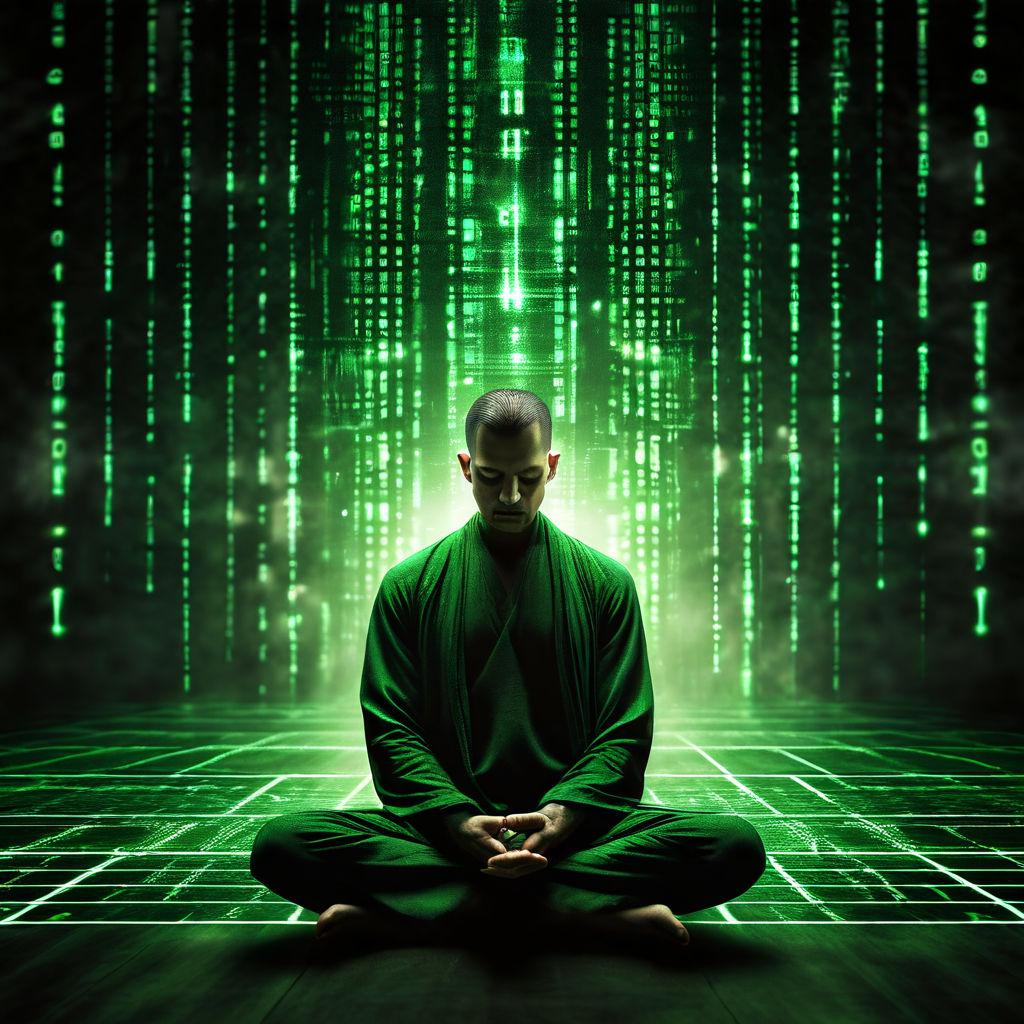The Temple
The word temple has it's roots in the roman templum, which describes a space which is seperating the ordinary world from a sacred space within. The concept is old as mankind. The idea is to speak in pictures, the world is a lake of water. The water in the lake is partly stirred in dirt, particles, organisms, more and less, depends on where we are looking within the lake. If for example a hippotamus tramples through the shore regions it stir the waters and made it mixed with dirt and particles. Imagine a temple as a space within the lake which keeps all the particles out and contain just clean and clear water, untouched by the turmoil outside.
In this representation of the idea of a temple it is not necessary to hoard holy objects, wealth or pictures of gods and goddesses, it is the purity of air of the idea of the thing it represents, untroubled by the everyday problems and doings.
For example, a sacred space in zen buddhism is a quiet place, for example a zen garden with a tea house which is seperated from the loud outside in where a person can meditate and can get in touch with oneself and the universe through contemplation.
A sacred space for example for martial arts would be a training ground in which everything is concentrated for an atmosphere of training, learning and explore the boundaries of our pontential in the arts of war.
A temple is not, in my opinion a house where it is possible to communicate to supernatural beings or where rituals and prayers belong to. It is nothing more and less than a space of an idea concentrated without stirred by everyday life.
The Ritual
The word ritual is originated from the latin ritus and means the custom, the proper way to do something. It is a process which is first, known, accepted and practiced by a group, second following a known and defined procedure and third, is done in an earnest and ceremonial way which give it meaning.
Brushing your tooth is a process which is known to a group, is proceeded in a defined way but what it lacks to be a ritual is the gravity of a ceremony.
A ritual must not naturally require offerings, prayers, communication with supernatural beings and so on. A ritual is for example the college graduation.
The japanese "Cha-no-yu" (hot water for tea) is the name for the ceremonial making and consuming tea the proper way to reach a inner peace and which is practised with respect and gravity.
When we talk about new and modern rituals I use the word in the meaning of the cha-no-yu.
Historical a ritual is often meant as a deal and a communication between humans and supernatural beings.
I try two seperate them clearly.
The Prayer
The orign of the word prayer is the medieval latin word precaria, meaning petition. In history, prayer are used to communicate with the gods, for just communication, for bidding favours, for asking for help or for providing offerings as a sign of respect.
A prayer can also be understood as a meditative recitation to achieve a special state of mind. First thing coming into mind are for example the morning meditations of Marc Aurel or the litany of fear of the Bene Gesserit but also the christians "Lords Prayer" is often recitited to achieve a calmness of mind, to ease and meditate. Prayers in this manner have often a ritualistic character.
I will use the term prayer in contemporary context as a ritual to achieve a state of mind if not described explicit otherwise.
In historical context, prayers are in general a form to communicate with supernatural beings. If a prayer in historical context differs from that definition I describe it explicit as this.


Comments